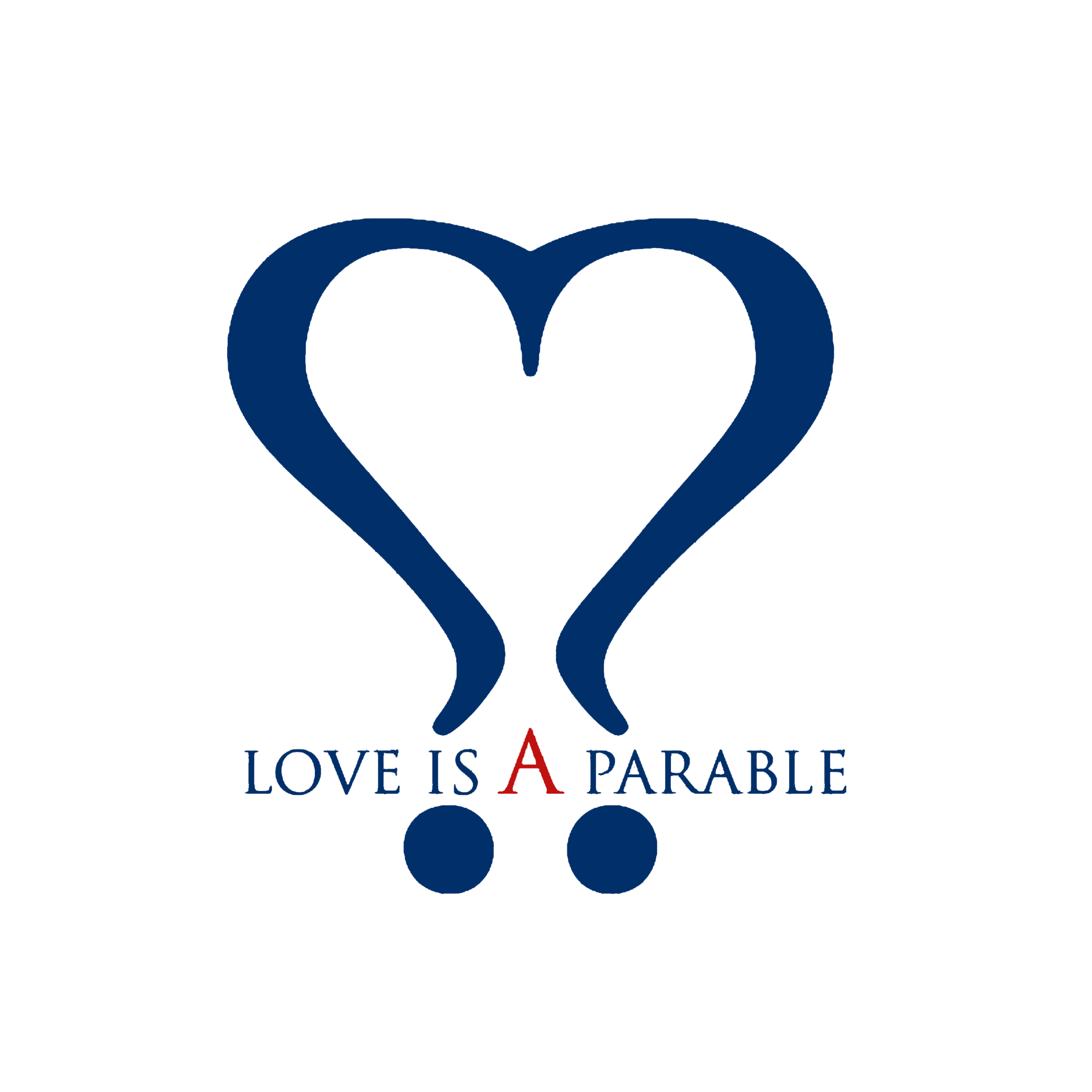The Best Friend Syndrome
Inspired by a conversation with Cordell Gibson
Traditions can be a beautiful thing. For many of us, traditions are where we get our beliefs, morals, and perspectives from; and, most crucially, our identity. As beautiful as traditions can be, they equally can be the most detestable part of us; at times, being the silent plague in our lives, the weight of insurmountable pressure to be any and everything but our organic selves. It is in these traditions that we can take on seemingly innocent, yet, damaging behaviors. These behaviors can quickly counteract, causing explosive combustion when engaging with other traditions forming either, a superior or inferior complex. In our minds, limiting beliefs form while producing assumptive thinking, later becoming a dictation of restrictive actions.
In this space, the normative is subjective because we synthesize objectivity as a nuisance. Within our highbrow compass, anything that causes an interruption feels like corruption. The expectation is assumed, rarely discussed, but often houses our non-negotiables. Priority is on sequential order, with no premise to instinctive barometers. We’ve become insensate avatars, representative but not present. Given that many traditions are centered on the importance of the succession of priority, we are predisposed to miss out on some of life’s most rewarding encounters. One cankerous interpersonal phenomenon is the “Best Friend Syndrome.”
This is a condition that focuses exclusively on the length of time versus the weight of value, creating a culture of individuals with “best friends” in whom there is no full trust; in fact, growth, just togetherness for the sake of tradition. Because of history, there is an obligation to be labeled with the title, even though there is an impulsive resistance due to the existing space void of safety. Due to the lack of protection, we stumble upon “Human Safe Spaces,” the glitches to our traditions that we’ve been subconsciously seeking. These are unique individuals fall into no “traditional” category because they defy them all but possess them all. They are the much-waited-for disruption to our secret desire to break tradition. With them, we feel safe and protected; equally, we divulge things that we’ve told no one, not even our best friends. In a matter of moments, we feel as if we have known them our whole lives.
Where do we place them, what do we call them, nothing? Why? Because the tradition of time has dictated which investment is precious. Even though there seems to be an intense unexplainable connection, we remain conflicted and committed to tradition, we maintain these best friends with shallow discussions and predictable exchanges because of what was invested. Far too often, we are unable to conceptualize the amount of time wasted, compromising fulfillment, and peace for an alliance to protocol. We struggle with the concept of self versus the expectation of self based on tradition. We desire to rebel but we refuse to pursue joy, making the sacrifice of not rocking the foundation that is based in tradition. We chose to subdue to the Best Friend Syndrome, forcing us to censor our thoughts, bridle our actions, and conform with the expectation. If honest, we’ve only accepted our best friends as best friends because we didn’t know that Human Safe Spaces existed.
Interestingly enough, the Human Safe Spaces, get it and understand. They too, suffered long and journeyed a similar path. They wait, often unrecognized and/or diminished in significance while in the presence of others who don’t understand their connection. Often carrying the load, serving as the bellhop to gather the baggage of their residents, the Human Safe Space, find solace in fulfillment, not labels. Honored with the privilege of being the antidote to the Best Friend Syndrome, nameless and uncategorized but always felt. Sometimes, 'purpose' is unglamorous when it serves as a remedy.

